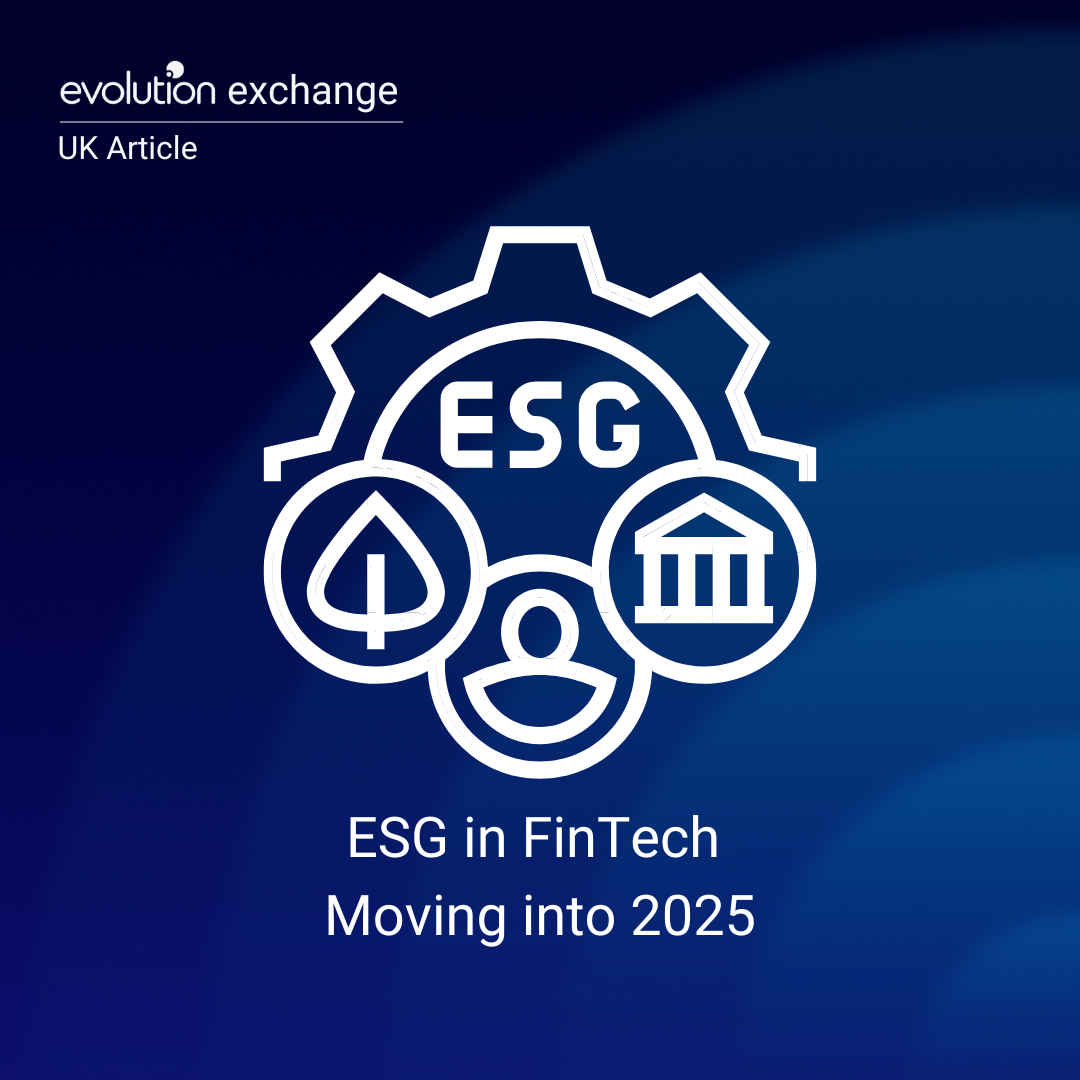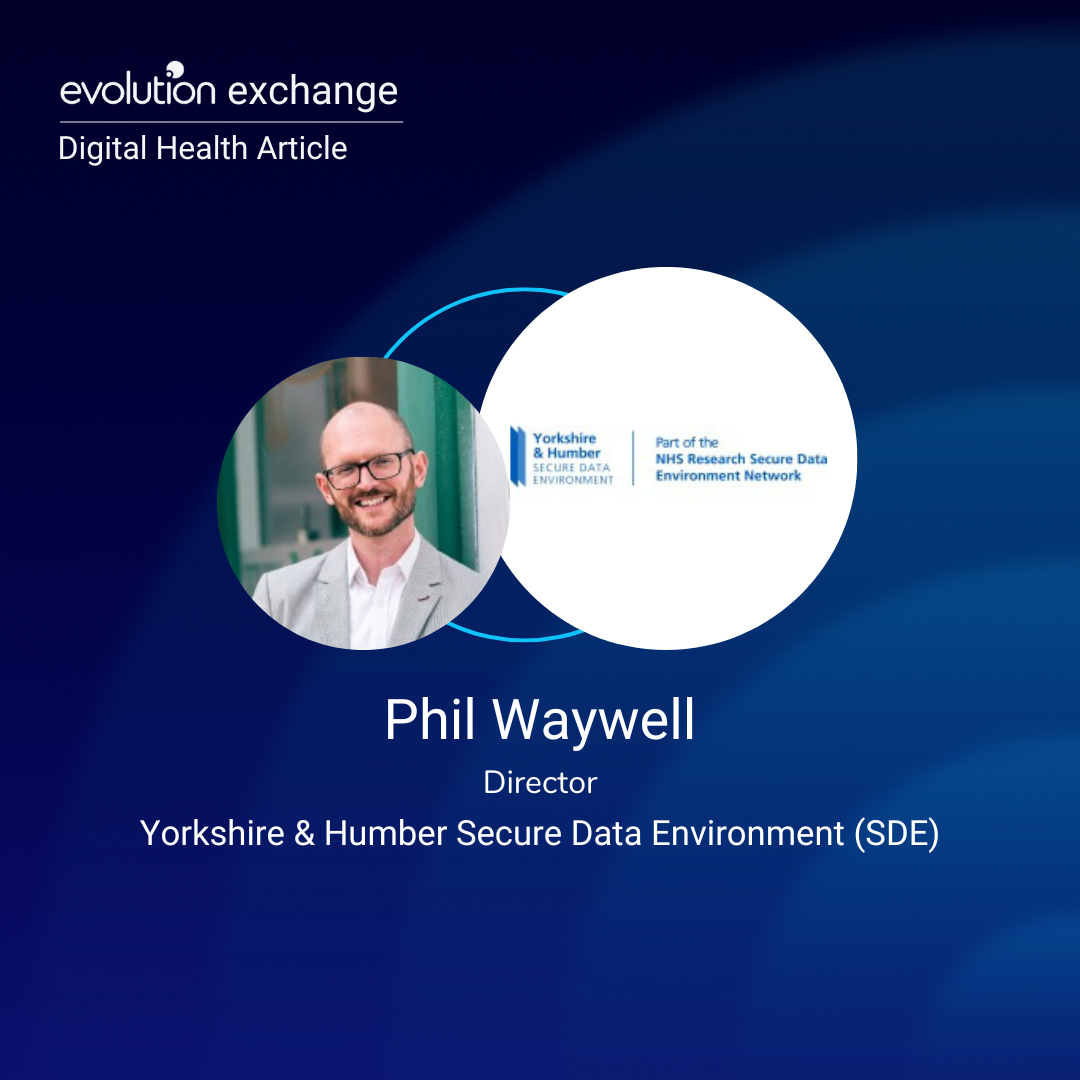By 2025, the role of ESG (Environmental, Social, and Governance) in fintech is expected to have evolved significantly, driven by both regulatory changes and growing consumer and investor demand for sustainable and ethical financial products and services. Here’s what the landscape might look like:
1. ESG Data and Reporting Integration
Fintech platforms will be more deeply integrated with ESG data sources, providing both individual and institutional investors with better access to reliable, standardized, and real-time ESG metrics. This will enable investors to assess companies’ ESG performance more effectively, with tools that help evaluate both financial and non-financial performance.
AI-powered analytics will likely play a key role in analyzing ESG data, identifying trends, and predicting future ESG outcomes, helping investors make informed decisions.
Increased transparency and data standardization will be crucial, driven by the implementation of global ESG reporting standards (such as the EU’s Corporate Sustainability Reporting Directive, or the IFRS’ International Sustainability Standards Board).
2. Sustainable Investment Platforms
ESG-focused investment fintech platforms will see widespread adoption, providing access to sustainable investment products like ESG ETFs, green bonds, and impact investing funds. These platforms will likely include:
- Robo-advisors that automatically tailor portfolios based on ESG preferences, helping individuals and institutions align their investments with environmental, social, and governance goals.
- Green fintech offerings such as carbon offset programs and ESG-related savings accounts, which could encourage both retail and institutional investors to engage in more sustainable financial practices.
3. Blockchain for ESG Transparency
Blockchain technology is set to play a pivotal role in enhancing the transparency, traceability, and accountability of ESG-related investments and supply chains. By 2025, blockchain could enable:
- Tracking carbon footprints and verifying sustainability claims with smart contracts that enforce environmental standards.
- Supply chain transparency, ensuring that companies adhere to social and environmental standards, while providing customers with proof of ESG compliance in real-time.
This could significantly reduce greenwashing (misleading claims about sustainability) by offering immutable, verifiable records of ESG performance.
4. Regulatory Evolution
Governments and international bodies are likely to continue evolving ESG regulations, and fintech companies will need to adapt to these changes. By 2025, we can expect:
- More robust ESG disclosure requirements, particularly for public companies, financial institutions, and large corporations, making it easier for investors to assess ESG risks and opportunities.
- Carbon pricing and taxation may become more widespread, and fintech platforms may offer carbon-tracking features to help users monitor their personal carbon footprints and offset them directly through investment mechanisms.
Financial institutions and fintech firms will increasingly be required to assess and disclose how their operations and products are aligned with global climate goals (such as the Paris Agreement).
5. Retail Consumer Engagement
The rise of sustainable finance apps will likely empower individual consumers to take control of their ESG investment preferences and understand the impact of their financial choices. These apps might:
- Help users track and reduce their carbon footprint through sustainable spending and investing.
- Offer ESG-based credit scoring systems, where an individual’s financial activities (such as spending patterns, loans, and investments) are rated based on their alignment with ESG principles.
Additionally, more fintech firms may partner with traditional financial institutions to create products that allow consumers to invest in ESG-related projects or allocate a portion of their savings toward sustainable initiatives.
6. Decentralized Finance (DeFi) and ESG
By 2025, DeFi platforms may integrate ESG principles, enabling decentralized lending, borrowing, and investment opportunities focused on sustainable projects:
- Green DeFi protocols could support green projects, such as renewable energy startups or sustainable agriculture projects, by offering decentralized loans or liquidity pools.
- Through tokenization, these platforms could enable fractional ownership in green bonds or carbon-offset credits, making sustainable investments more accessible to retail investors.
7. ESG-Centric Fintech Startups
As demand for ESG solutions rises, we can expect a surge of fintech startups focused exclusively on ESG investing, impact tracking, or carbon reduction. These startups may provide:
- Customized ESG scoring tools for users to evaluate businesses, projects, and investment products.
- Fintech marketplaces dedicated solely to sustainable products, from ethical insurance policies to ESG investment funds and products.
- Educational platforms helping both investors and consumers understand how to make more sustainable financial decisions.
8. AI and ESG Risk Management
By 2025, fintech solutions leveraging AI and machine learning will become critical in helping both businesses and financial institutions identify and manage ESG-related risks. AI can be used to:
- Predict and assess ESG risks across different sectors, helping investors understand potential downsides related to social, environmental, or governance issues.
- Automate compliance with ESG regulations, ensuring that businesses and fintech firms stay ahead of legal requirements and avoid penalties.
9. Impact Measurement and Outcomes
A focus on impact investing will continue to grow, where investors want to not just invest for financial return, but also for measurable social or environmental impact. Fintechs will develop more sophisticated tools to:
- Measure and track the social and environmental outcomes of ESG investments, showing investors the tangible impact of their capital in terms of jobs created, emissions reduced, or communities served.
- Provide impact scoring systems, making it easier for investors to assess which investments are delivering meaningful change.
10. Circular Economy and Waste Reduction
Some fintech platforms may evolve to help individuals and companies adopt circular economy principles, where products and services are designed to minimize waste and maximize reuse. These fintechs could:
- Facilitate financial transactions that support waste reduction initiatives or upcycling businesses.
- Provide tools for businesses to measure and manage their waste and resource consumption, aligning with ESG objectives related to sustainable production and consumption.
In Summary
By 2025, ESG in fintech will likely be characterized by greater data sophistication, regulatory alignment, consumer engagement, and transparency, enabled by advanced technologies like blockchain, AI, and DeFi. These innovations will help investors, businesses, and consumers make more informed, sustainable decisions, driving the adoption of ethical financial products and supporting the transition toward a more sustainable, equitable global economy.






























